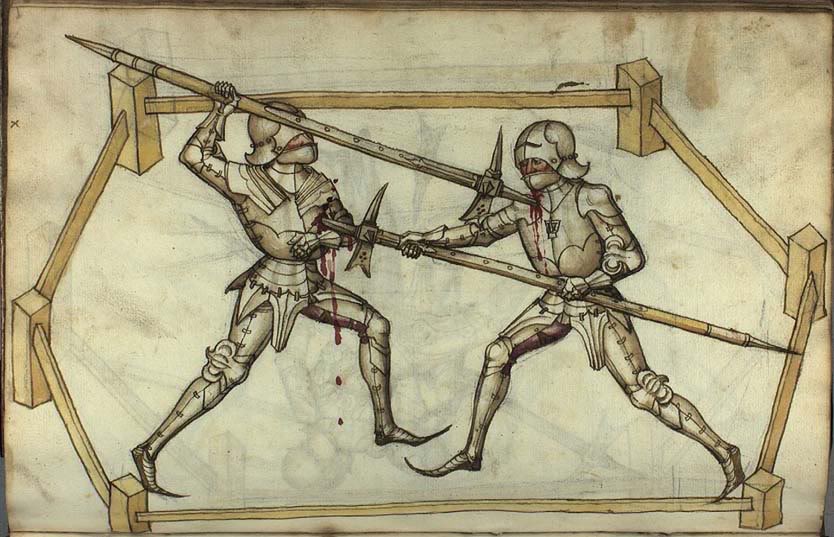The demand for gunpowder was insatiable. Kings, dukes, counts and petty lords loved their new bombards and arquebuses. The more gunpowder they used, the more they wanted. Gunpowder was a fortuitous mix of sulphur, charcoal and saltpeter. It was that last ingredient that was the most vital and the hardest to obtain. Saltpeter is a nitrate salt – usually calcium nitrate – and nobody knew how to make it. Except for some microscopic bacteria, which produced the nitrates as byproducts of eating. Since the bacteria would have to wait another 500 years to be discovered, the Europeans concluded that saltpeter was spontaneously produced by what the bacteria ate – poop.
Saltpeter was the white frosting one found on poop that had been given time to settle and get comfortable. It was the white icing that grew on barnyard floors, on wet and rotting walls. It layered urinals and cesspits. It even found a home on the floors of people’s huts and manor halls, which were carpeted with reeds, rotting food, sundry varieties of cross species waste, and of course, dog feces. Saltpeter was born of a filthy womb (the medieval Europeans had a more relaxed view of cleanliness), but it was miraculous stuff. Many, if not most, were convinced that the explosive transformation saltpeter wrought on sulphur and charcoal was the work of the Devil.
Rulers needed gunpowder. Gunpowder needed saltpeter. And saltpeter needed poop. And so, the dukes declared a monopoly on their land’s waste. State employees – seasoned professionals called petermen – went from house to house, digging up barns, scraping up urine covered walls and latrines, sifting through manure and rotting vegetation – harvesting saltpeter. But there was never enough of it, and it didn’t help that the medievals did not appreciate having their floors scraped (cleaned) and their latrines violated (cleaned).
And so was born the profession of saltpeter farming. Medieval entrepreneurs found opportunity in poop. There was plenty of it and if they threw it all into a specially prepared pit and let it do its thing, in little more than a year, they could make an easy silver piece or two – even gold! It smelt bad, but it was lucrative.
Saltpeter farming launched a business boom not dissimilar to Silicon Valley in spirit. An untold number of operations were born – not in garages (they didn’t have them yet) – but in backyards. Soon, an entire process and methodology evolved, and saltpeter production became efficient – although they never really could make enough of it. The farmers learnt how to use the soluble properties of the saltpeter to purify and concentrate it. They learnt how to build pits that worked optimally. They learnt how best to use every and anything that had a tendency to fester. They gathered and saved every piece of s*** they could find. They even figured out the sort of poop that made the best saltpeter. For the best kind of poop was actually urine, the best urine came from drunkards, and the best drunkards, or so the farmers claimed, were Catholic bishops.








 Those useless hunks of twisted metal strapped to her shoulder look lethal -- to her. One blow to the shoulder and she'll lose half her face to her own armor. If there's one thing pop-a-mole fantasy RPG designers love more than impractical weapons it's armor that's actually dangerous to it's wearer.
Those useless hunks of twisted metal strapped to her shoulder look lethal -- to her. One blow to the shoulder and she'll lose half her face to her own armor. If there's one thing pop-a-mole fantasy RPG designers love more than impractical weapons it's armor that's actually dangerous to it's wearer. 
![Have Many Potato [2013] Codex 2013](/forums/smiles/campaign_tags/campaign_potato2013.png)
![The Year of Incline [2014] Codex 2014](/forums/smiles/campaign_tags/campaign_incline2014.png)












